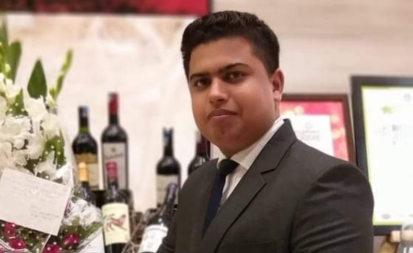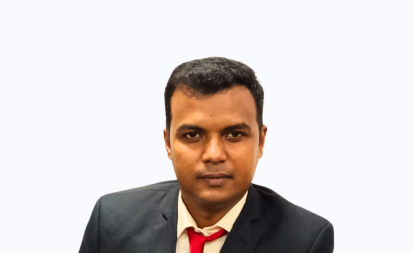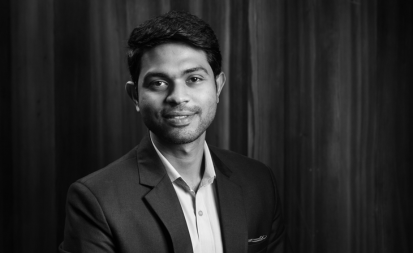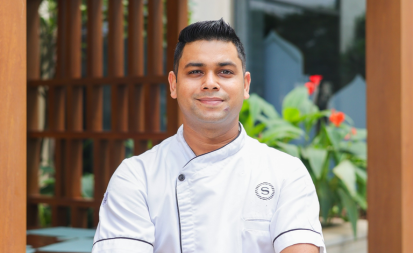Innovative Technology Revolutionizing Hospitality Cleaning
Discover insights from industry experts on innovative technologies transforming hospitality cleaning. Stay updated on the latest trends and advancements in the field.
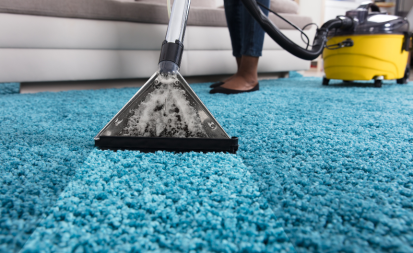
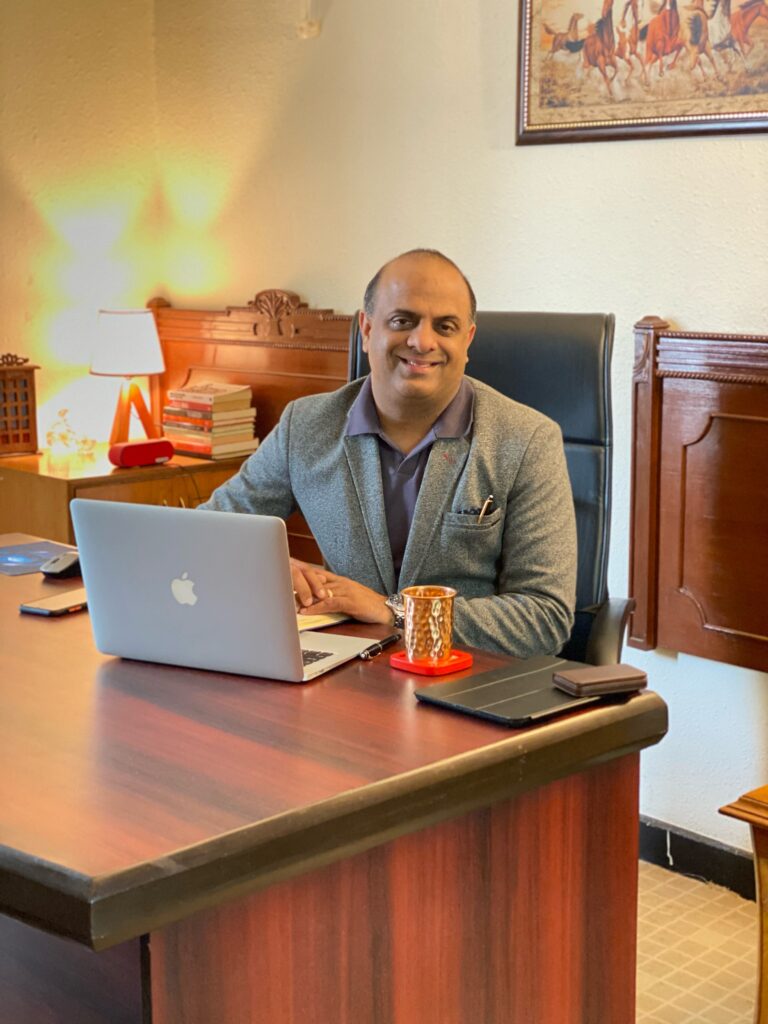
Mehul Sharma,
Founder & CEO, Signum Hotels and Resorts.
The hospitality industry is witnessing a significant transformation with the adoption of advanced cleaning technologies. 360 Signum, a joint venture between Signum Hotels and 360 Stays, exemplifies this shift by implementing state-of-the-art systems in their operations. Focusing on linen cleaning, 360 Signum is adopting IoT-enabled laundry systems that ensure optimal water and energy usage while maintaining the highest standards of hygiene. These systems monitor the cleanliness and freshness of linens in real-time, guaranteeing timely replacements and reducing waste. Additionally, technology plays a crucial role in streamlining room service operations at 360 Signum. Through digital platforms, guests can easily order services, which are then efficiently managed and delivered, enhancing the overall guest experience.
Staiforce, an in-house AI software developed by 360Signum, has already been introduced in apartments in the UK. It will soon branch out to Dubai and Signum Hotels in India. Staiforce is designed to oversee various aspects of hotel operations, ensuring that everything runs smoothly and efficiently. In the future, this AI could also play a significant role in managing cleaning data, optimizing schedules, and maintaining the highest levels of cleanliness across the chain.
By integrating these technologies, 360 Signum not only meets the growing demand for cleanliness and efficiency but also contributes to more sustainable and environmentally conscious operations. These innovations are setting new benchmarks in the hospitality industry, aligning with the modern traveler’s expectations for a seamless and hygienic stay.
Murlidhar Rao
Chief Operating Officer, Araiya Hotels & Resorts
Technology is now becoming more affordable and accessible and the data is also enhancing the overall productivity while allowing the guest experience to be suitably nuanced. The data is also now being able to be presented in more detailed drill down formats, to allow the team and management to apply diligence where required and prioritise the tools and labour efficiently. The new technology could be broadly classified into that which helps the team improve the cleaning and hygiene of the premises and one that improves the communication between the guests and the team to improve the guest satisfaction, and that which improves department efficiency in training. The overall integration of new technology is widely seen in busy city hotels and resort convention hotels and not so much in leisure-driven resort business. We at Araiya Hotels & Resorts, have consistently implemented enhanced hygiene enhancement protocols at Araiya Palampur.
UV-C light irradiation
After the COVID pandemic, as part of the enhanced hygiene protocol, UV-C light treatment was one of the new procedures introduced. UV-C light irradiation now allows the housekeeping team to sanitise and disinfect the guest rooms in addition to the regular cleaning chemicals and methods.
IoT-
Now with the prevalence of IoT( Internet of Things) tech and the devices tethered to the system, the housekeeping team is able to improve their productivity in terms of scheduling the room cleaning for occupied rooms. This same tech allows the device usage be recorded and allow for optimisation of upgrades and improvements where required and most relevant.
Custom designed apps
Using these apps, specific to the brands, there is an option for guests to directly communicate their requests for additional services and register a complaint and this is tracked through the system, providing valuable data and insights into customer behaviour and department efficiency.
VR/AR-
The use of AR(Augmented Reality) and VR( Virtual Reality) tools and programmes is gaining ground and allowing more effective training and better results in terms of efficiency across the department. This is even more relevant with the new generation entering into the workforce.
A few hotels have introduced robotic cleaning and use of humanoid robots to handle basic elementary guest requests received through the mobile apps. This may take a while to be extensively implemented, however, we are already seeing these robots in high traffic public areas or large hotels and establishments such as airports and hospitals.
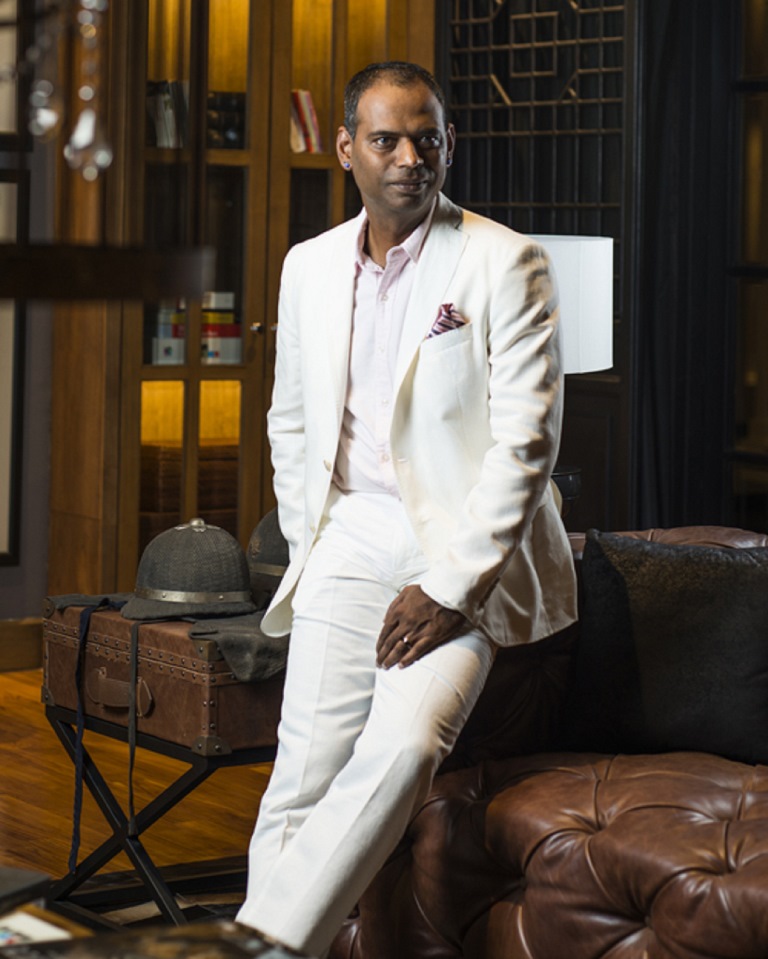
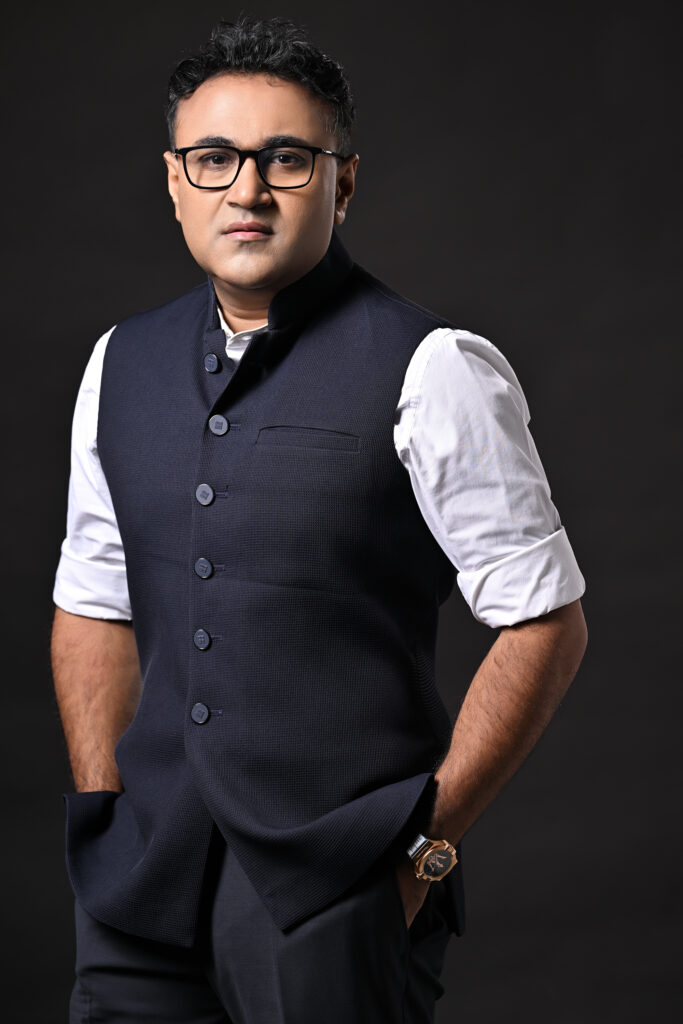
Debaditya Chaudhury
Managing Director: Chowman, Oudh 1590 & Chapter 2
In the constantly evolving hospitality world, the visitors experience stands crucial. A very important part of that experience is cleanliness, which has always required a lot of work and effort. But with the fast-pacing introduction of new technology, it is changing how resorts, hotels & restaurants uphold their standards of cleanliness. Innovative technologies are changing the face of hotel cleaning, guaranteeing greater efficiency, uniformity, and hygiene. These solutions range from advanced robotics to AI-driven software.
Using autonomous cleaning robots is one of the biggest innovations in hospitality cleaning. Nowadays, a lot of eateries, both in India and overseas; use robots for the purpose of cleaning. Without human interference, these robots are able to disinfect surfaces, clean floors, and even maneuver through intricate patterns. Their capacity to work nonstop guarantees that areas like restaurant lobbies, hotel lobbies, and hallways are spotless, improving overall visitor experiences without human hassle.
Apart from robotics, UV-C light technology is also becoming a prominent technology in the cleaning of hotels. UV-C devices emit UV radiation, which destroys bacteria, viruses, and other pathogens in no time. It is commonly done to disinfest public areas and enclosed rooms. This non-chemical solution is now a vital tool for establishing safer surroundings, especially in light of the post-pandemic rise in hygiene requirements. It is usually installed in air purifiers, hence making sure it is not open to human exposure directly. Proper safety measures, such as shielding and automatic shutoff systems, can mitigate risks if any.
Another innovation in hotel cleaning is IoT (Internet of Things) technology. Hospitality facilities are now able to remotely monitor and control cleaning processes through the integration of smart sensors and gadgets. IoT-enabled solutions have the ability to monitor cleaning schedules, pinpoint problem areas, and even alert employees when supplies are running low. IoT devices can provide real-time data on the quality of air, level of humidity, and even bacterial presence, allowing for targeted cleaning interventions and enhanced hygiene standards.
Finally, environmental friendly cleaning supplies are now a vital component of contemporary cleaning technology for hospitality. Green cleaning products are becoming more and more popular in hotels and restaurants as sustainability becomes a top concern for both companies and customers. Because these natural items don’t contain harsh chemicals, visitors and workers can use them with greater safety. They are also made with the least amount of negative environmental impact in mind, using less hazardous packing materials. Incorporating ecologically sustainable cleaning methods not only benefits the environment but also reflects the ideals of guests who care about the environment. While upholding the greatest standards of cleanliness, this change towards sustainability is assisting in lowering
the industry’s carbon footprint. When innovation and accountability come together, it benefits both parties and improves guest experiences.
The hospitality industry is transforming tremendously, with technology playing a pivotal role in elevating cleanliness standards. As these innovations continue to evolve, they will not only improve the quality of service but also create healthier and more sustainable environments for guests and staff alike.
Jaychandran CR
Vice President (Operations), Niraamaya Wellness Retreats
At Niraamaya, we believe that the integration of technology is transforming every aspect of hospitality, including cleaning, with remarkable efficiency and precision. The adoption of cutting-edge CRM software has positively impacted our operations by managing guest queries, optimizing sales funnels, and ensuring a seamless communication flow.
Additionally, our use of advanced channel managers allows us to efficiently oversee bookings from various platforms, ensuring that our guests experience flawless service from the moment they make a reservation. These tools not only help us streamline operations but also improve resource management, including housekeeping and cleaning schedules, ensuring that cleanliness is maintained at the highest standard. The fact that all these systems are cloud-based enhances accessibility, allowing our teams to coordinate effortlessly from any location. This real-time data access enables us to maintain transparency, boost operational efficiency, and deliver an exceptional guest experience while maintaining the pristine cleanliness and hygiene standards that Niraamaya Retreats are known for.
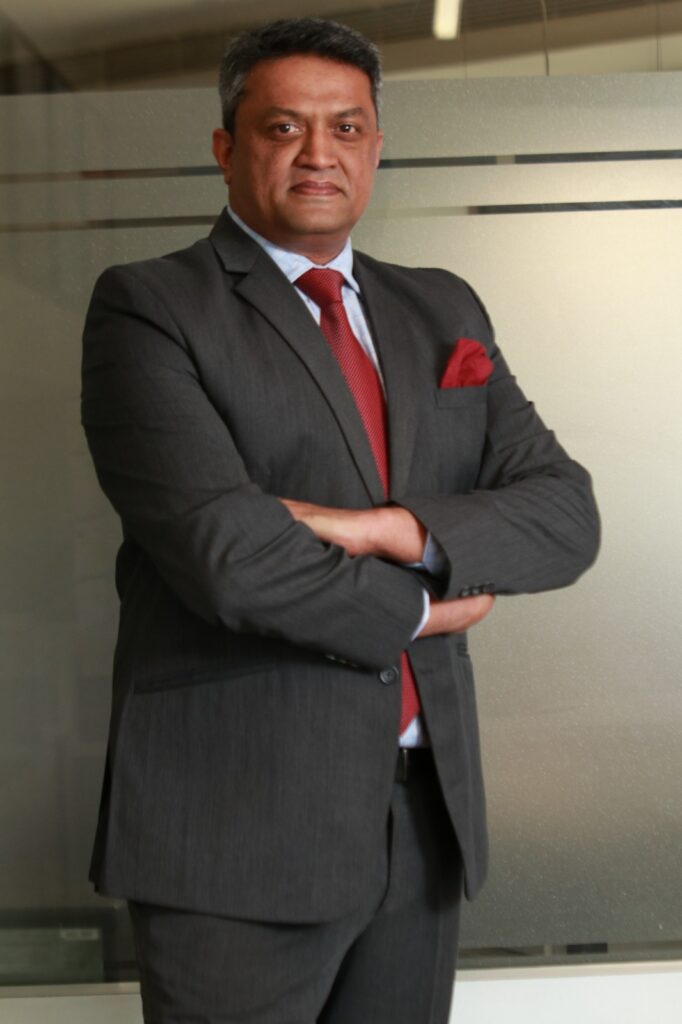
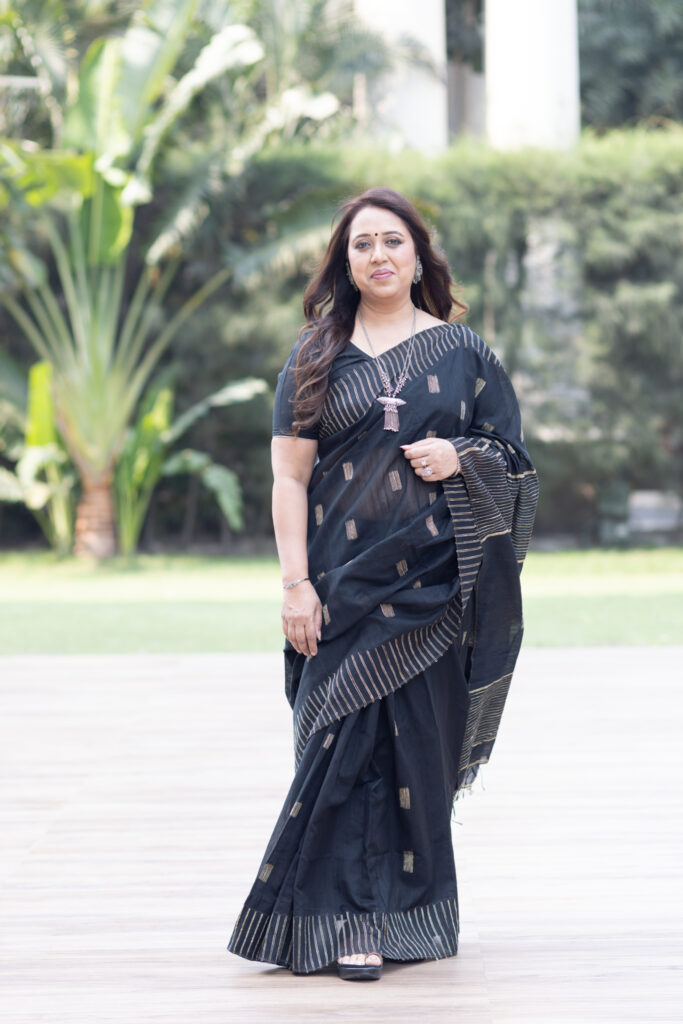
Seema Taj,
Director of Sales, Sheraton Grand Palace Indore
At Sheraton Grand Palace Indore, we integrate cutting-edge technology to ensure cleanliness and guest satisfaction. Automated cleaning systems, streamline operations while maintaining consistency and hygiene in high-traffic areas. UV sterilization techniques are deployed to sanitize public spaces and guest rooms, eliminating bacteria and viruses. This not only enhances the efficiency of cleaning protocols but also ensures a safer environment for guests. Furthermore, real-time monitoring systems allow our housekeeping team to track cleanliness standards, aligning with our commitment to providing a superior, hygienic stay experience.
Vikas Nagar,
Hotel Manager, Pilibhit House, Haridwar- IHCL SeleQtions
Innovative cleaning technologies are transforming hospitality. They improve efficiency, reduce costs, and enhance guest satisfaction. Our guests appreciate the cleaner, faster service. These technologies also help us be more sustainable by reducing waste and chemical use. It’s a win-win for hotels and guests.”
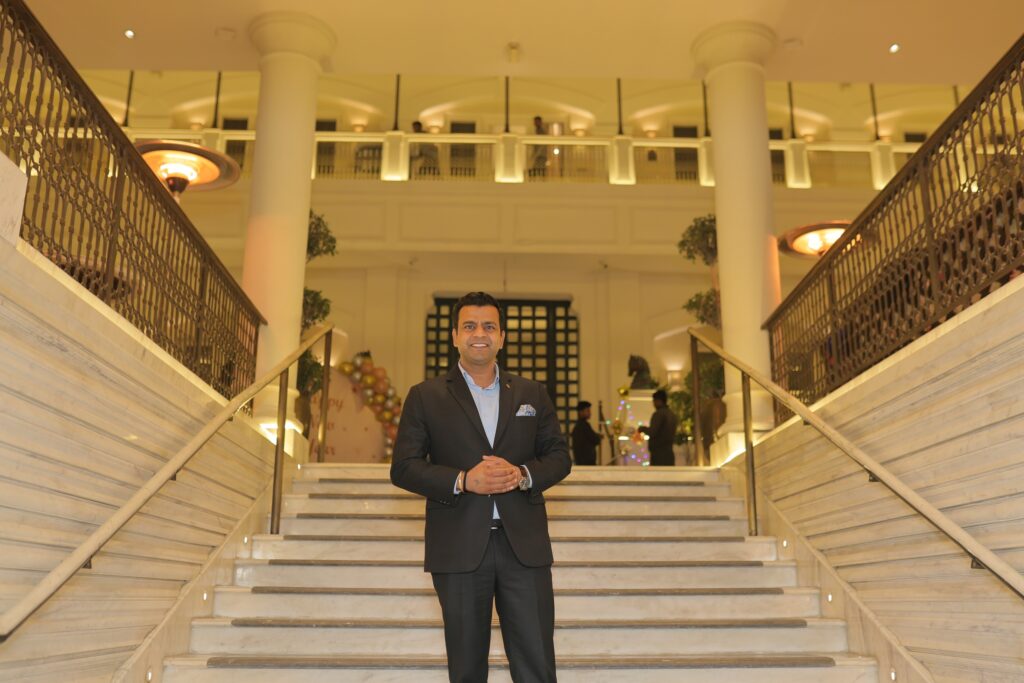
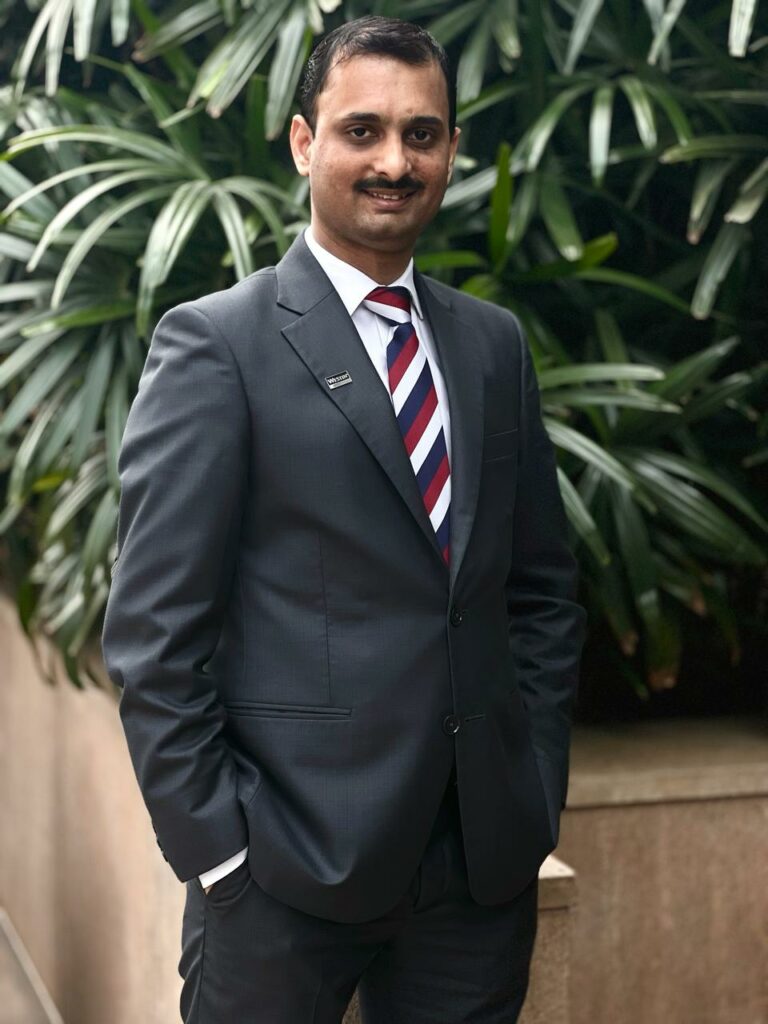
Raviraj Joshi
Executive Housekeeper At The Westin Mumbai Garden City.
1- The hospitality industry is embracing innovative technologies to revolutionize housekeeping and enhance guest experiences.
· Mobile Apps for Housekeeping Management*: These apps streamline task assignments, track room status in real-time, and facilitate communication between housekeeping staff and other departments.
· Automated Cleaning Machines*: Robots equipped with advanced sensors and AI capabilities can perform tasks such as vacuuming, mopping, and even responding to guest requests.
· Artificial Intelligence (AI)*: AI-powered systems can predict housekeeping needs, monitor guest preferences, and ensure room cleaning standards are met. AI can even help design elements like upholstery, plants, flowers, and more, enhancing room aesthetics.
· Digital Apps*: Digital apps have replaced traditional paperwork in housekeeping departments. Maintenance requests, checklists for associates and executives, and room issue records can now be managed digitally. At Marriott, we use GXP, which helps update guest profiles and allows housekeeping staff to track guest preferences. For instance, if a guest has stayed in Delhi and is coming to Mumbai, we can check their GXP preferences and prepare the room accordingly, creating a “wow” experience for the guest.
· We have also implemented *digital learning platforms*, making training more engaging for associates, as it can be accessed anytime, anywhere.
Technology has not only improved efficiency and productivity but also enhanced the overall guest experience by ensuring a higher standard of cleanliness and service. Ultimately, what guests consistently seek is exceptional service.
Bhawna Futane
Executive Housekeeper Taj Fort Aguada Resort & Spa, Goa
One of the most prominent technological advancements in hospitality cleaning is the introduction of autonomous cleaning robots. These robots are equipped with sophisticated sensors, artificial intelligence, and advanced navigation systems that allow them to efficiently and effectively clean various surfaces, including floors, carpets, and windows. By automating routine cleaning tasks, these robots free up human staff to focus on more complex and personalized services, improving overall guest satisfaction.
In recent years, hospitality establishments have begun to adopt UV-C disinfection technology to supplement traditional cleaning methods. UV-C lamps can be used to disinfect surfaces, air, and even water, killing harmful bacteria, viruses, and other pathogens. This technology is particularly effective in high-touch areas, such as hotel rooms, lobbies, and dining areas, helping to create a safer and healthier environment for guests and staff.
Smart cleaning solutions for example, sensors can be installed in various locations throughout a hospitality establishment to monitor factors such as temperature, humidity, and air quality.
Nano-technology coatings can be applied to surfaces to enhance their durability, stain resistance, and antimicrobial properties. These coatings can be used on floors, walls, and furniture, creating a protective barrier that helps to prevent the growth of bacteria and other microorganisms. This technology is particularly useful in high-traffic areas, such as hotel lobbies and restaurants, where surfaces are exposed to constant wear and tear.
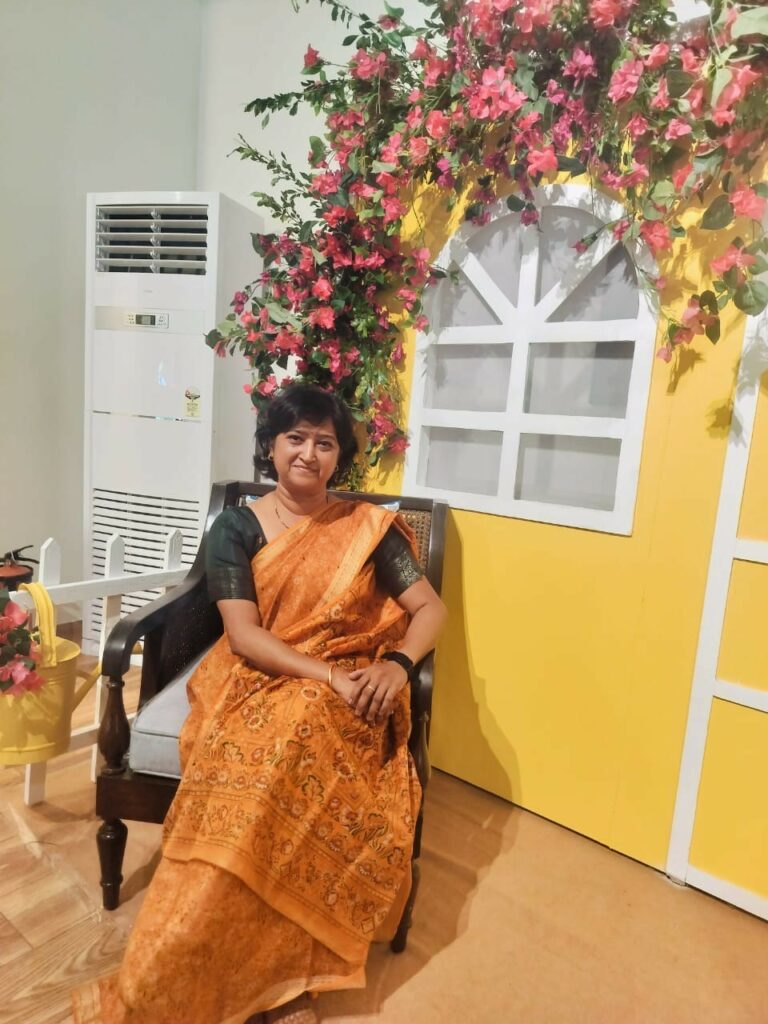
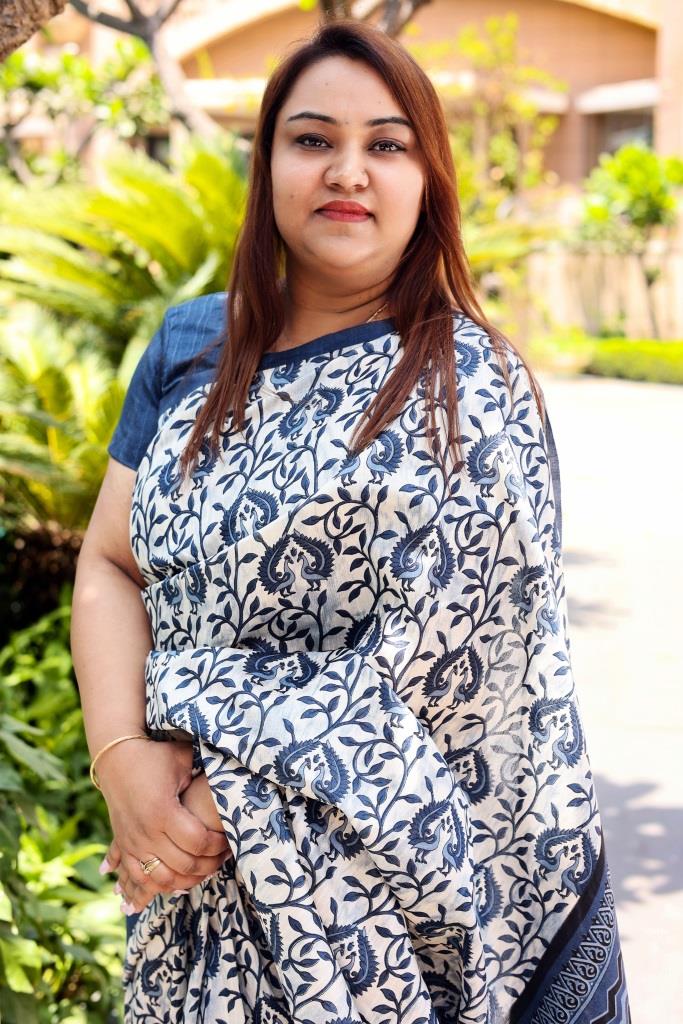
Ayesha Ali
Executive Housekeeper, Radisson Blu Plaza Delhi Airport
The hospitality industry is witnessing a significant shift in its cleaning protocols with the integration of cutting-edge technologies aimed at enhancing hygiene and efficiency. Smart cleaning robots, for instance, are increasingly being deployed to ensure consistent and thorough sanitation, while AI-powered tools help optimize cleaning schedules based on real-time occupancy data and high-traffic areas. Advanced disinfection technologies, such as UV-C light systems and electrostatic sprayers, are being adopted to sanitize surfaces more effectively, minimizing the risk of contamination. These innovations not only elevate cleanliness standards but also reduce manpower costs, conserve water, and limit chemical usage, contributing to a more sustainable and cost-efficient operation.
At Radisson Blu Plaza Delhi Airport, we have embraced several such innovations to ensure the highest level of cleanliness and guest well-being:
- Air purifiers and ozonizers installed on all floor corridors to promote cleaner, healthier air for our guests.
- Wireless and noiseless vacuum cleaners that enhance efficiency while maintaining a peaceful environment.
- An in-house water plant providing guests with alkaline mineral water, ensuring quality hydration and reducing plastic use.
- Plastic-free rooms, including sustainable alternatives for minibar items.
- Terrarium succulent plants in every room, adding a natural touch that promotes air purification.
- Rubbermaid trolleys for our housekeeping team, streamlining operations and enhancing mobility and staff comfort.
Through these innovations, we are dedicated to upholding superior hygiene standards while creating a comfortable and eco-friendly environment for our guests.
—–
 English
English French
French German
German Italian
Italian

